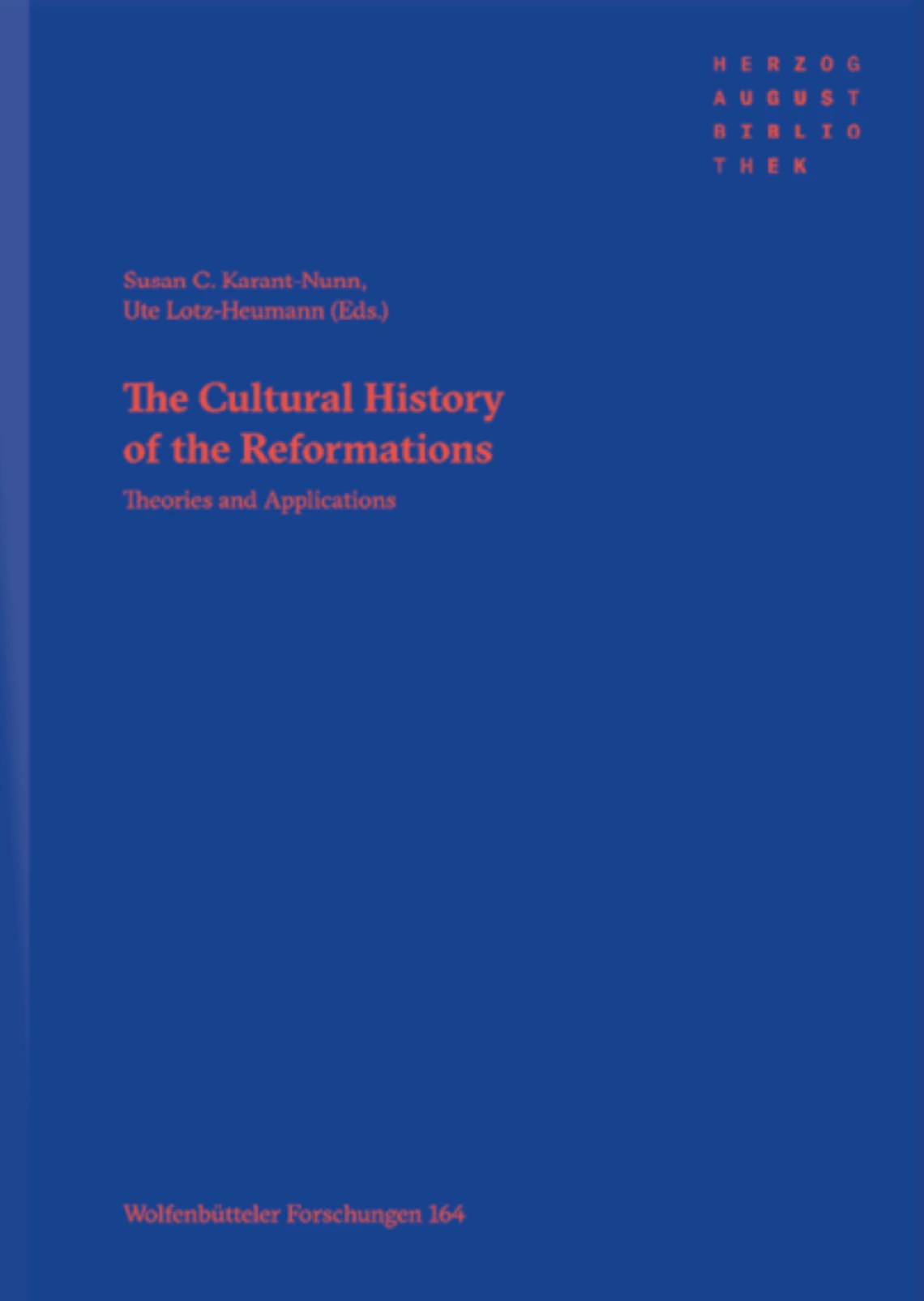
Despite the decisive turn toward cultural history in the last generation, scholars working on the Reformation have only gradually perceived the riches that are available if they place sixteenth-century Reformers and their theological innovations within a broader context of established beliefs and practices. Inspired by such pioneers as Natalie Zemon Davis and Robert W. Scribner, this aggregation of leading historians demonstrates that cultural approaches to the past may suggest whole new opportunities for research: Time (Helmut Puff), shared spaces (David Luebke), the senses (Philip Hahn), religious singing (Francisca Loetz), the use of images (Bridget Heal), healing and material culture (Ute Lotz-Heumann), physico-theology (Kaspar von Greyerz), reproduction and ensoulment (Kathleen Crowther), Calvin's sexuality (Susan Karant-Nunn), women’s spirituality (Alexandra Walsham), the translation of texts (Renate Dürr), and missionary practices (Ulrike Strasser). Charles Zika and Merry Wiesner-Hanks admit us to the perusal of historiographic essays that reveal both their profound expertise and their personal involvement in our profession. Within Reformation studies, this collection signals both a perspective attained by the time of the five-hundredth anniversary of the German Reformation, and a milestone from which a new and innovative generation of researchers will depart.

